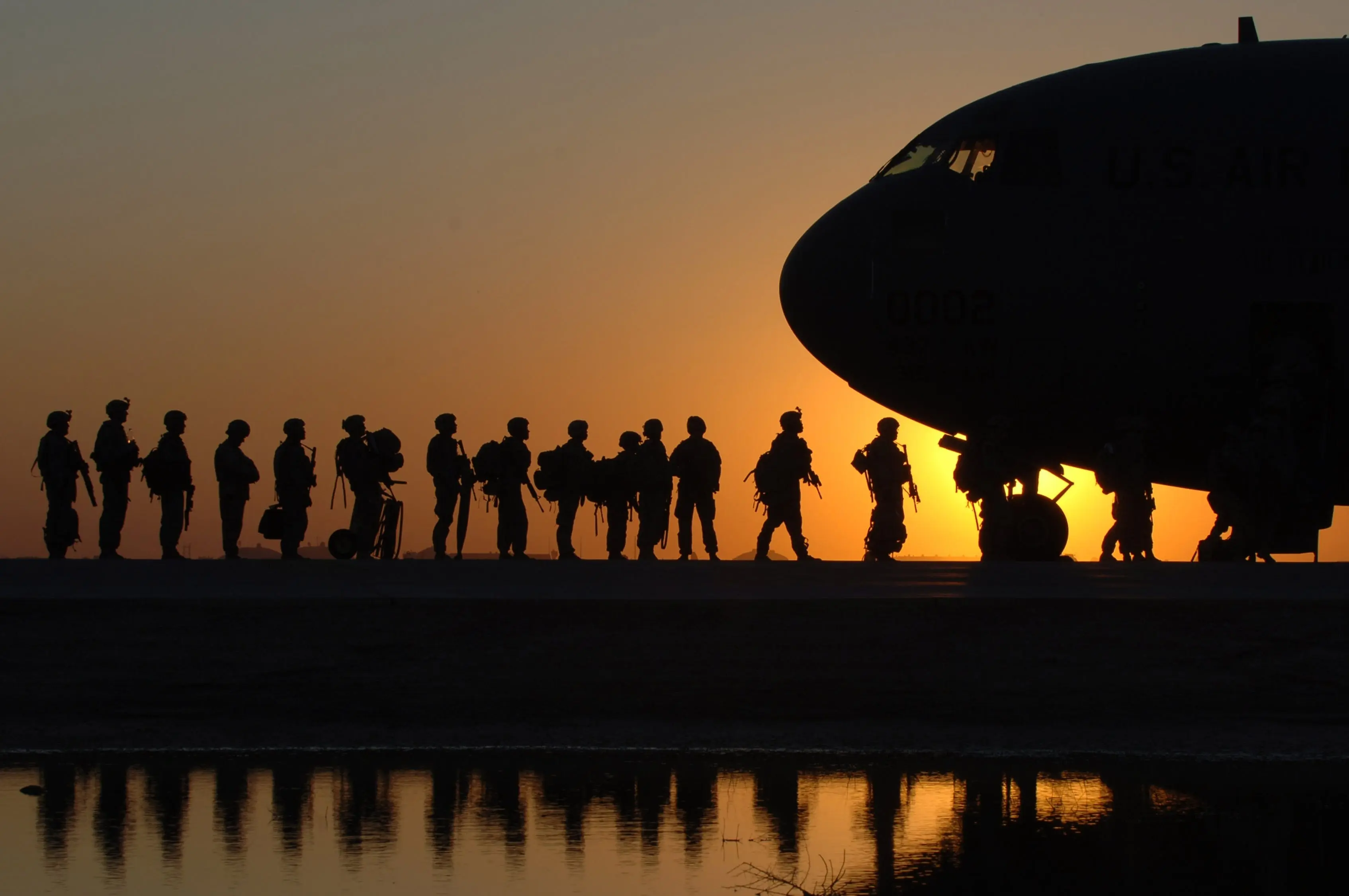During the reign of President John F. Kennedy, three men were very influential in the US – Vietnam war policy. They included McGeorge Bundy, Henry Cabot Lodge, and Robert McNamara. To start with, Robert McNamara had a significant impact on the early escalation of the Vietnam War as Defense Secretary for John F. Kennedy from 1961 to 1963 and after the assassination of Kennedy. As Northern Vietnamese communist rebels called Viet Cong started to infiltrate in the US in South Vietnam, McNamara urged Kennedy to send Ngo Dinh Diem, the leaders of Southern Vietnam, financial and military support. McNamara influenced President Johnson’s strategy as the Viet Cong kept targeting South Vietnam from the north. He argued that in terms of technology and military strength, the US was much stronger than the communists in Vietnam, and urged the President to follow a hard line. He led the first United States military to defend South Vietnam from communist incursions in 1965, at the urgent request of McNamara. McNamara was also instrumental in the creation and escalation of Operation Rolling Thunder, a prolonged major US aerial bombardment of North Vietnamese targets (Kort, 2018). On Tuesday afternoons, the President relied on McNamara’s evaluations and worked with him to identify bombsites regularly.
On the other hand, McGeorge Bundy was an American public official and author, the leading US foreign policy strategist in John F. Kennedy and Lyndon B. Johnson, the administrations of Presidents. Bundy was a keen advocate of extending the US participation in the Vietnam War under Johnson. He wrote in February 1965 a critical memorandum after a visit to South Vietnam, calling for a’ sustainable repression ‘ policy of Northern Vietnam, including aerial strikes, unless his guerrilla war against the South Vietnamese government was stopped (Hunt, 2018).
Then, another important person during the Vietnam War was Henry Cabot Lodge. He endorsed President Johnson’s decision to step up American intervention in the Vietnam War as ambassador to South Vietnam between 1965 and 1967, firmly believing that Communist occupation in the South would be catastrophic in US foreign policy. Overall, these three men were special since they played a great role in making sure that the US won the Vietnam wars by laying strategies during hard times.
References
Hunt, R. A. (2018). Pacification: The American struggle for Vietnam’s hearts and minds. Routledge.
Kort, M. (2018). The Vietnam War Re-examined. Cambridge University Press.








